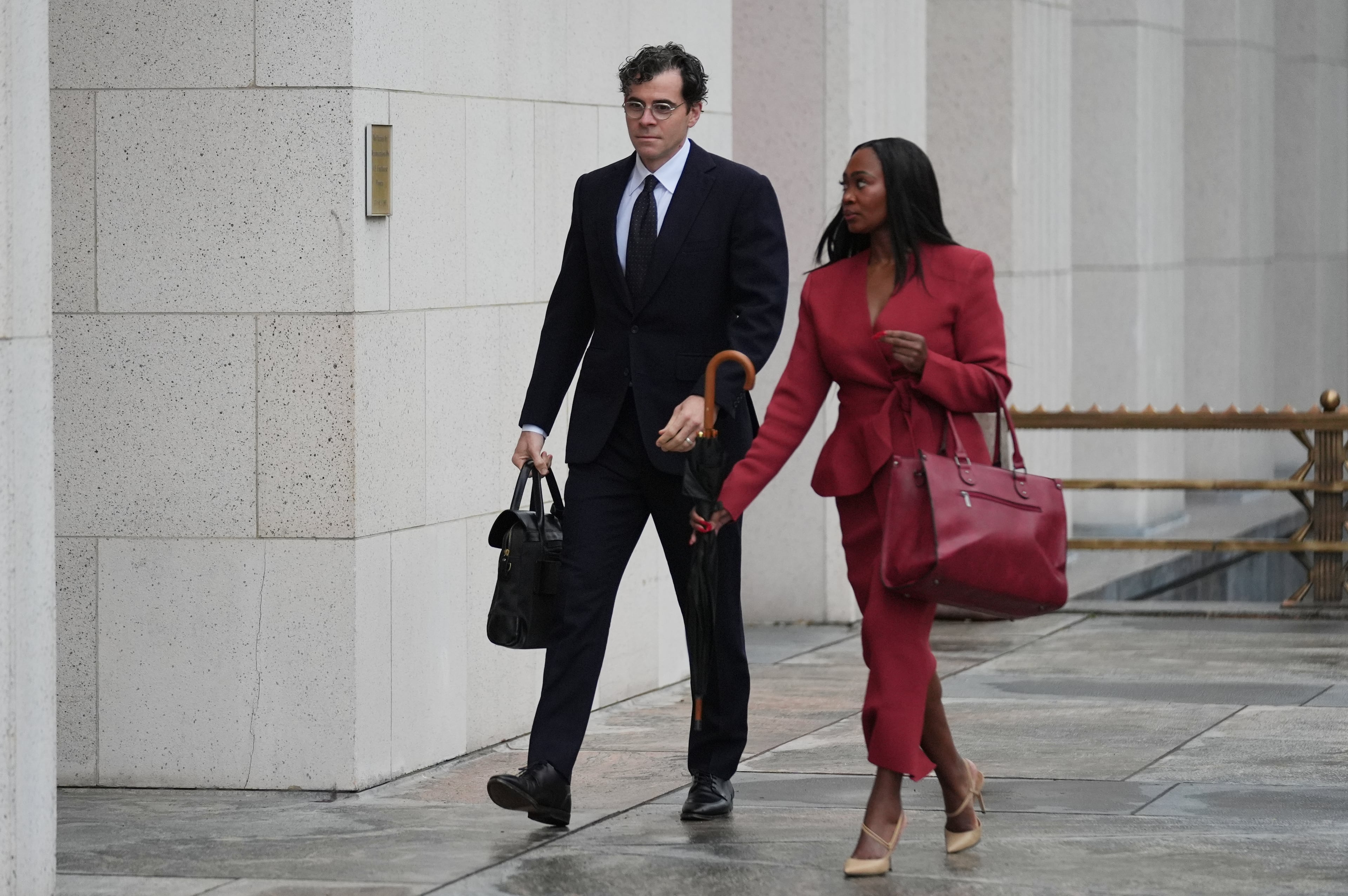Sioux tribes refuse South Dakota gov’s order to remove highway checkpoints
South Dakota Gov. Kristi Noem is threatening to take two Native American tribes to federal court if they do not comply with her order to remove coronavirus checkpoints they set up on state highways that pass through their reservations.
Noem, a Republican, wrote to several leaders of the Oglala Sioux and Cheyenne River Sioux tribes last Friday, calling the checkpoints illegal and giving them 48 hours to be dismantled.
But both tribes so far have refused, arguing that their self-implemented restrictions are the only way they have to keep the virus from exploding in their communities. Tribal leaders fear their limited facilities would become quickly overwhelmed, with the closest intensive care unit about three hours away, according to CNN.
About 12,000 people live on the Cheyenne River Sioux Tribe reservation alone.
Unequipped to deal with an outbreak, tribes turned to cutting tourism as a first line of defense against the virus.
Cheyenne River Sioux Tribe Chairman Harold Frazier told CNN the main purpose is to monitor and track coronavirus if it should ever come in to tribal lands.
Thus, the tribes are only allowing vehicles to pass through the reservations for essential business, and that access is granted only if the vehicle has not traveled recently from a hot spot of the outbreak. Drivers are also required to complete a health questionnaire.
Some cars have been turned away.
“We want to ensure that people coming from ‘hot spots’ or highly infected areas, we ask them to go around our land,” Frazier said, according to CNN.
At our morning team huddle, we discuss stories that are “talkers.” People are primed to look for driving forces in the world, ones that we can explain through our collective experience. This is one example.
“The checkpoints on state and US highways are not legal, and if they don’t come down, the state will take the matter to federal court, as Governor Noem noted in her Friday letter,” her senior adviser and policy director, Maggie Seidel, said in an email sent to the local Argus Leader newspaper on Sunday.
Seidel cited a memorandum pertaining to road closures on tribal lands issued by the U.S. Department of the Interior’s Bureau of Indian Affairs, written on April 8, which more or less says the tribes didn’t consult or reach agreement with the state before going forward with the roadblocks.
“The memorandum makes it perfectly clear it is unlawful to interrupt the flow of traffic on these roads,” Seidel wrote.
In Friday's letter, Noem said "we are strongest when we work together; this includes our battle against Covid-19," according to CNN.
Frazier said in a news release Friday that while he agreed it’s important to work together, “you continuing to interfere in our efforts to do what science and facts dictate seriously undermine our ability to protect everyone on the reservation.
Cheyenne River Sioux Tribe and Oglala Sioux Tribe respond to Governor of South Dakota... pic.twitter.com/lYvIlG9Nbw
— Karihwakeron (@Okwarikowa) May 9, 2020
“We invite you to join us in protecting the lives of our people and those that live on this reservation. I regretfully decline your request.”
Both tribes have also issued strict stay-at-home orders and curfews for their communities, according to CNN.
Noem has not issued stay-at-home orders for the state.

